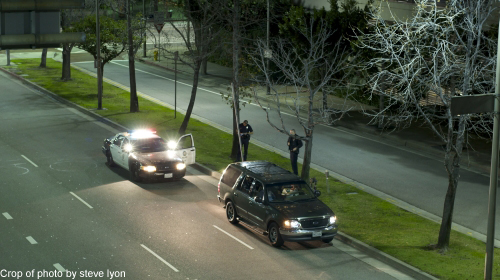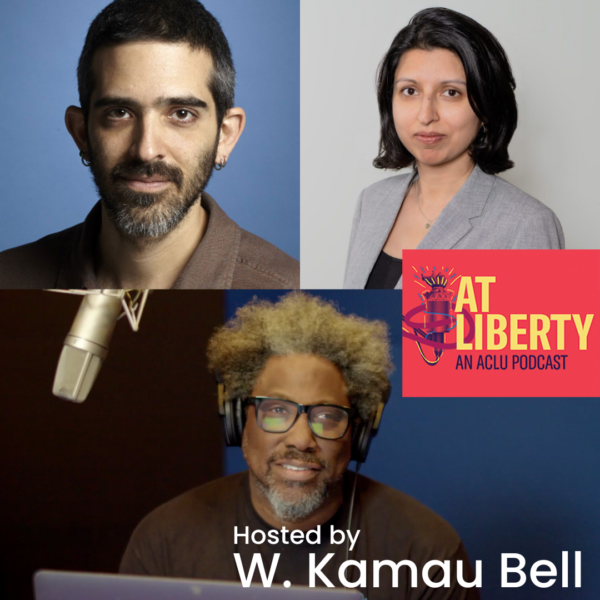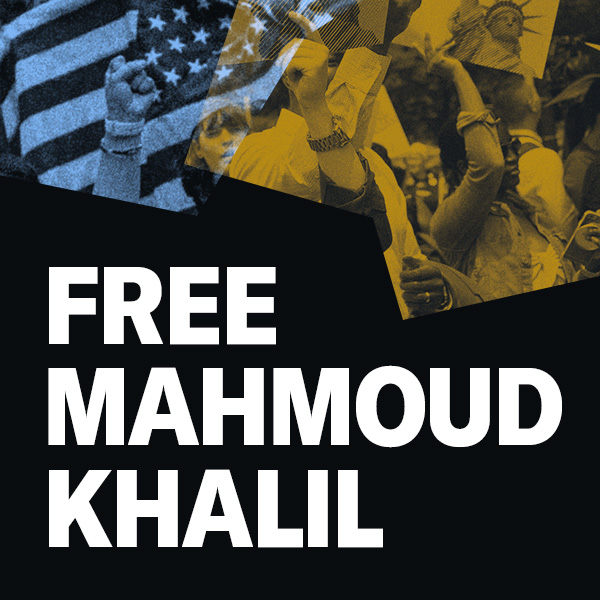
In our October 2013 policy white paper on police body cameras, we struggled with how to ensure that the cameras would serve as an effective oversight mechanism for police while not unduly invading privacy. We pointed out that purely from an oversight standpoint, putting aside all other considerations, the ideal policy would be for officers’ cameras to run throughout their entire shift, which would guarantee that an officer could not evade detection while engaging in abuse. But as we discussed, it’s not possible to put aside all other considerations, including the privacy of the public and of officers.
The recommendation that we settled upon was a mandate that officers record “every interaction with the public.” Importantly, that was paired with and premised upon a regime that we recommended in which the vast majority of video footage would be locked away, never to see the light of day, with the only exceptions being where there was an allegation of wrongdoing against an officer, or the video was evidence of a crime.
We have received a fair amount of questioning and pushback on this recommendation. For example the Police Executive Research Forum (PERF) took explicit exception to our position in their September 2014 report on body cameras. PERF argued that:
"There are certain situations, such as interviews with crime victims and witnesses and informal, non-law enforcement interactions with members of the community, that call for affording officers some measure of discretion in determining whether to activate their cameras. There are situations in which not recording is a reasonable decision. An agency’s body-worn camera policy should expressly describe these situations and provide solid guidance for officers when they exercise discretion not to record.
For example, officer discretion is needed in sensitive situations, such as encounters with crime victims or witnesses who are concerned about retaliation if they are seen as cooperating with the police. In other cases, officer discretion is needed for routine and casual situations—such as officers on foot or bike patrol who wish to chat with neighborhood residents—and turning on a video camera could make the encounter seem officious and off-putting. . . .
Many police departments… give officers discretion regarding whether to record interviews with victims of rape, abuse, or other sensitive crimes. Some departments also extend this discretion to recording victims of other crimes."
These are fairly compelling arguments. Moving away from a “record all public encounters” policy might have other advantages as well. When we called for such a policy, it was premised on the idea that most video would disappear into a black hole, never to be viewed by human eyes. But several problems with that premise have emerged. First, few police departments so far seem to be adopting that approach. Second, some states’ open-records laws (the state equivalents of the federal FOIA law) define all video captured by body cams as a “public record” susceptible to public release upon request. Examples include Washington state and Minnesota. We do think that while broad open-records laws are crucial, the inclusion of proper privacy protections in those laws is also crucial. That said, a narrower recording mandate makes those problems much less severe.
The record-all-encounters policy leans heavily toward bolstering oversight; it was based on the assumption that we will see some police officers working to undermine camera oversight every way they can. We still think that. However, as I argued here, changing social expectations around video recording may offer some protection from that kind of manipulation. Simply put, society increasingly expects that dramatic events will be videotaped; any officer whose camera for some reason does not capture a shooting or other dramatic contested encounter on video will increasingly be viewed with incredulity and suspicion. (They should also of course be subject to punishment if it’s shown they did manipulate the camera to avoid oversight.)
Moving away from a record-all-encounters policy also ameliorates many of the potential privacy problems that such a policy raises. For example:
- Mass surveillance. A record-all-encounters policy might not be so problematic in a typical American automobile-centered town where officers rarely leave their cars except to engage in enforcement and investigation, but in a place like New York City it would mean unleashing 30,000 camera-equipped officers on the public streets, where an officer on a busy sidewalk might encounter thousands of people an hour. That’s a lot of surveillance. And of course, the most heavily policed neighborhoods—poor and minority areas—will be the most surveilled in this way.
- Face recognition. By the same measure, we don’t want body cameras to mission-creep into face recognition devices. It is easy to imagine the first time a child abductor is on the loose, demands will arise to equip those 30,000 NYPD officers and their body cameras with face recognition, so that the thousands of faces an officer might encounter an hour can be scanned. And why not add a short list of wanted terrorists? Why not a long list? And suspected terrorists? And other criminals. And the next thing you know everyone’s location is being tracked as their faces are recognized and recorded, and innocent people who bear a resemblance to one of the faces in a large database are being constantly hassled by the police or worse. (Technologically, the addition of real-time face recognition would require the devices either be made capable of real-time video feeds to a centralized face database, or periodic local importation of such a database into each device. Today’s devices can’t do either, but it’s certainly possible to do.)
- The recording of First Amendment-protected activity. We don’t think the police ought to be recording peaceful political protesters, for example, using body cameras or any other camera. Under our policy in the white paper, such recording would take place automatically. If such videos are not to be locked down, that surveillance is a problem.
If officers are not going to be required to record all public encounters, what should a policy stipulate? They should require that an officer to activate his or her camera when responding to a call for service or at the initiation of any other law enforcement or investigative encounter between a police officer and a member of the public. That would include stops, frisks, searches, arrests, consensual interviews and searches, enforcement actions of all kinds, and any encounter that becomes in any way hostile or confrontational. We continue to believe it's crucial that the vast majority of video be locked down and not used for any purpose other than oversight or evidence.
Our policy white paper was published very early in the public discussion of this technology, and as we acknowledged at the time, our proposals were necessarily preliminary. With the technology moving as fast as it was, we felt compelled to weigh in when we did. We will continue to refine our policy recommendations on this knotty issue as experience and input from various stakeholders suggests is necessary.
Stay informed
Sign up to be the first to hear about how to take action.
By completing this form, I agree to receive occasional emails per the terms of the ACLU's privacy statement.
By completing this form, I agree to receive occasional emails per the terms of the ACLU's privacy statement.


